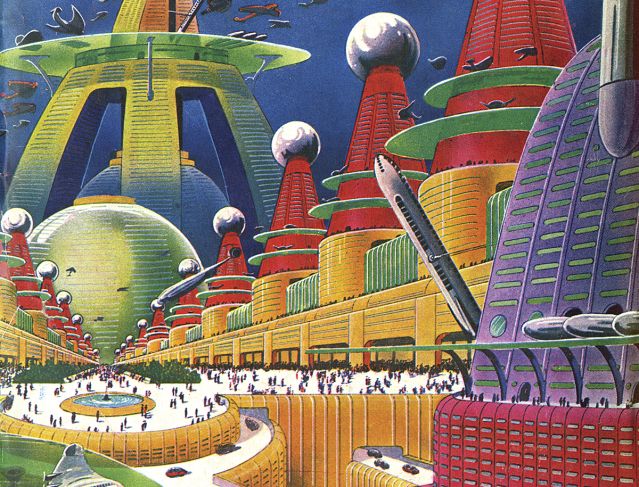Harnessing Foresight
An interview with the authors of a new book that explores a uniquely human capability.
By Tyler Woods published September 6, 2022 - last reviewed on September 15, 2022

How did Homo sapiens evolve from unremarkable primates to the species that now holds the destiny of the planet in its hands? The answer, according to cognitive psychologists Thomas Suddendorf, Jonathan Redshaw, and Adam Bulley, is foresight, humans’ unique ability to predict and plan for the future in ways that no other animal can. In their new book, The Invention of Tomorrow, the authors explore the integral role foresight has played in the human story and how we’ve coped with its failures and limitations along the way.
What’s a seemingly trivial invention that highlights the far-reaching power of foresight?
Bags. If you have the foresight to retain a tool after using it, you can use it again and again. The more tools one possesses, the more apparent are the limits of having only two hands to carry them. With the invention of carrying technologies—slings, sacks, and others—people could keep entire toolkits on their person. From then on, humans could ensure their local habitat included whatever was needed wherever they went. Without this seemingly simple innovation, people would have been unlikely to flourish in the wide range of extreme environments we now inhabit.
For all the advantages foresight has brought us, what drawbacks does it have?
Being able to think about the future will never mean that we’re clairvoyant. We persistently predict things that do not happen and frequently fail to foresee those that do, often with treacherous consequences. To smooth the operation of car engines, for example, the inventor Thomas Midgley Jr. introduced lead to gasoline—not anticipating that would turn out to produce one of the worst pollutants ever devised.
How can we make the most of foresight and minimize the harm it can do?
Much of foresight's power comes from our very awareness of its limits. We don’t just predict and make plans. A key to our success is that we reflect on whether our predictions will turn out to be right and whether our plans can become reality. When the answer to either is “perhaps not,” we need to seek workarounds. Recognizing that we can’t see perfectly into the future can thus help us make better choices in the present.
